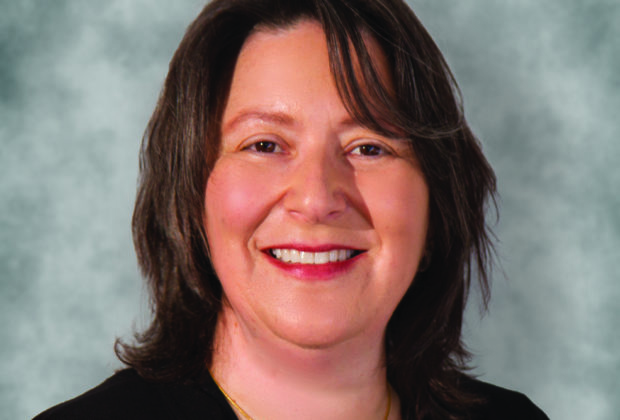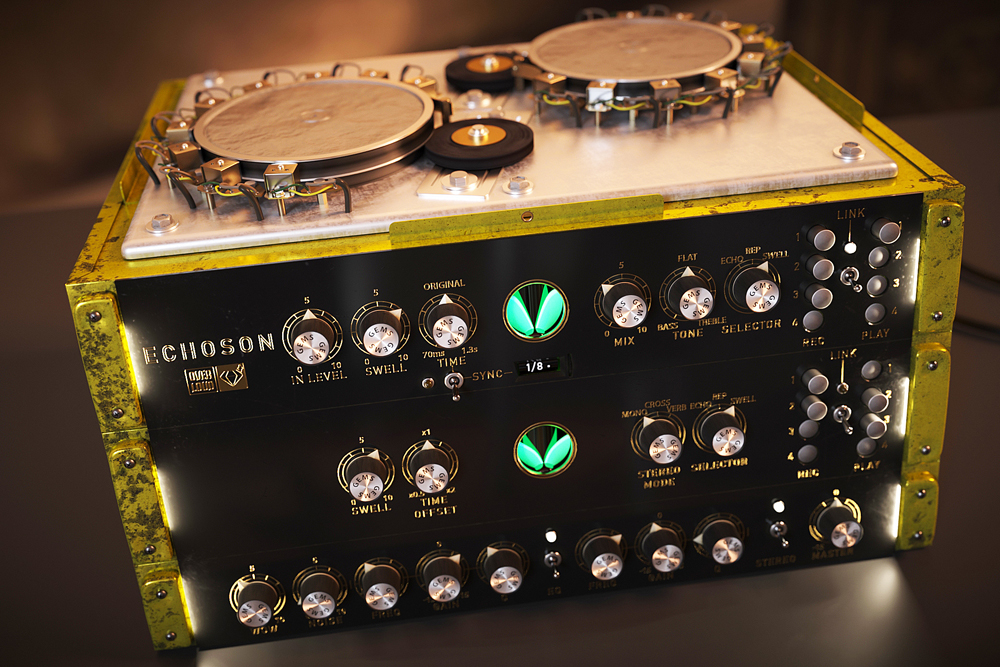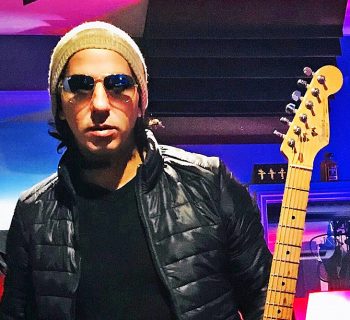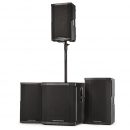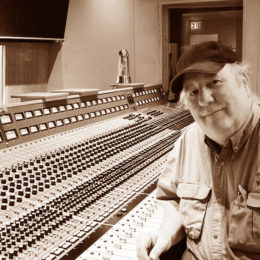BACKGROUND
An independent, non-profit organization, the AFM & SAG-AFTRA Intellectual Property Rights Distribution Fund exists to collect and distribute funds generated from recordings all over the world. Last year, Stefanie Taub was selected to become the new CEO of the institution that handed out more than $55 million in 2017.
Helping Artists Make a Living
The Fund started about twenty years ago, I was working at AFTRA then. When AFTRA merged into SAG-AFTRA in 2012, I was appointed to the board of the AFM & SAG-AFTRA Fund. I served as a trustee on the board for six years and when the previous executive director retired, we searched for a new executive.
I felt I had the experience from being both on the union side and seeing how this fund started and grew, from the legislative process and how key it was that the unions were involved in that to making sure a portion of the money that comes in is going to non-featured artists. The general consumer doesn’t always think much about the contributions non-featured musicians or background vocalists make. It’s been really rewarding to make a meaningful difference in people’s lives and know I’m helping folks make a living.
Origins and Merging
The main thing that started this fund was when the Digital Millennium Copyright Act was passed, which created performance rights in the digital world. To be specific, it’s non-interactive digital, so it’s radio where you’re not choosing what you’re listening to. For the 5% that goes to the background singers and session musicians, each of the unions, AFM and AFTRA, could choose whoever they wanted to distribute that money.
It was really left open, where SoundExchange was appointed to distribute the rest of the other 95%, so the two unions got together and created this fund as a joint organization. There’s no other organization like this where two separate unions created a fund to work on behalf of both their members. The savings of having a single entity do this just made sense. When it was first created, it brought in maybe $100,000 a year. Now, we’re bringing in about $50 million a year.
Research & Finding Artists
We get money every year from SoundExchange. First the services, like SiriusXM, send in data and payments to SoundExchange. SoundExchange then sends us the 5% that goes to the Fund. We then research the top tracks to find out who all the non-featured performers are. It’s a huge task. We have some staff who are very knowledgeable and have different areas of expertise. Anything that’s played on those services gets money. The big chunk of what we do is that research.
We post a list on our website of all the songs we distribute money to. Musicians should go to the website, check those tracks they’re on and if we don’t have them listed they can claim that money. We also distribute money we get from foreign countries, so it’s important that we know who is on what track.
Seeking Payees
There are quite a few people we don’t have contact information on, so we have a separate list of performers we’re trying to locate. Because it’s money that comes from copyright law, we distribute to both union and non-union performers alike, so even though we know someone performed on a recording, we may only have their name or aka, but we don’t have their accurate contact information to send them their money. Somebody may see their friend on the list; they can let other musicians know this fund is out there and that they can check that unclaimed money list to see if we’re trying to find them.
Keeping Track
Any sort of documentation is always helpful. Obviously, we use union contracts to determine who’s on a recording. Or liner notes, which are sometimes good, sometimes bad, sometimes somewhere in between.
Artists should think about keeping a record of all the sessions they do. In the past, that wasn’t as important - you got paid, cashed your check and you were on to your next session. Now, it’s so important, not only for this fund but for who knows what’s going to come in the future.
Eliminating the Middleman
When SoundExchange and this fund were created, the two unions fought to be independent from the labels so that the artist gets the money directly instead of it funneling through the label. That’s been huge for artists, that they don’t have to worry about it being recouped or going through another layer of payment. This way, it’s going directly to the artists.
Lost Info
Many people think the labels have all the information we need and that if we could just get it from them it would be easy. That’s not the case. It’s not because they don’t want to cooperate. It’s just that nobody thought they had to keep that information. We’re trying to battle the past and make sure people have an awareness for the future so going forward we don’t run into those same obstacles.
Going Digital
Right now, for someone to claim a track on our website they have to print out a form. We’re looking to have that process become totally electronic. That would make things much faster. We’re trying to move away from paper for the same reasons; not only is it less efficient but every penny we spend mailing things out or taking longer going through these processes means more money taken out of the performers’ pockets. So we’re really trying to do everything as efficiently as possible.
And let me put out a big push for direct deposit. It’s so much more efficient. It saves money on our end and it saves the performer from having to wait for a paper check.
Two Types of Artists
You see older artists who maybe haven’t recorded anything for many years and didn’t think they’d be getting money from that side of their career. This has been a blessing to them in their retirement. Also, we distribute to beneficiaries. One of the difficulties we have is getting beneficiaries to provide us with their documentation. For someone who wasn’t even the performer, they have no idea this money is there. We would love to be able to get more beneficiaries their money.
Then you have the other end of the spectrum —the newer artists who are just happy they’re working. They may not have gotten much for the job they just did but if it becomes a hit they’re going to get a big check from this fund. We tell them we have money and they think it’s maybe a couple hundred dollars. They come in and we have five-figure checks and they’re shocked. There’s nothing like being able to put that smile on somebody’s face.
Artists First
The performer comes first, because without the art they created this fund would not be here. Always at the top of my mind is how we can do better for those artists we’re working for. Every penny that comes into this fund is money that was earned because of their talent. My job is to make sure we’re using that money in the best way possible.
The Pre-’72 Factor
One thing that’s going to affect us out of the Music Modernization Act is the money that’s going to be paid to pre-’72 recordings. We’ll be getting the 5% that comes to us for that and have to do a lot of outreach to get older artists and probably many beneficiaries to know that this is going to be a new income stream for them that they haven’t been able to share in. That’s something we’re looking forward to.
Years with Company: 1
Address: 4705 Laurel Canyon Blvd., Suite 400, Valley Village, CA 91607
Phone: 818-255-7980
Web: afmsagaftrafund.org
Email: [email protected]
Clients: About 20,000 artists per year

